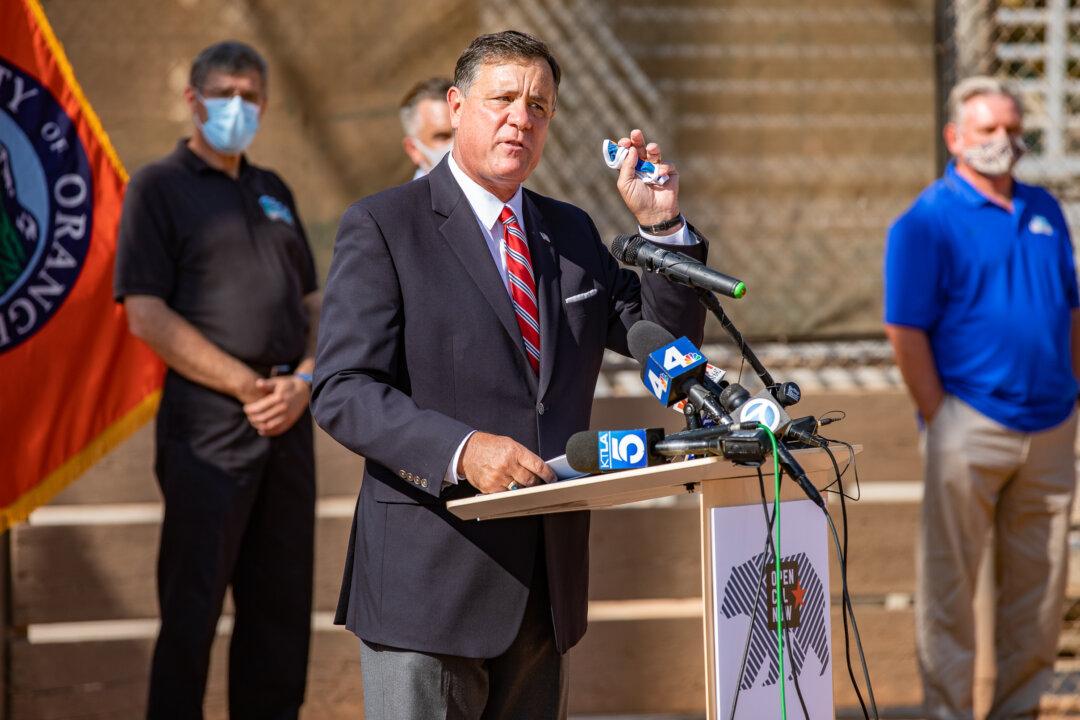Looking ahead to a post-pandemic Orange County, Supervisor Don Wagner foresees a different kind of life for residents of the Southern California region.
And, he says, that’s not necessarily a bad thing.

Looking ahead to a post-pandemic Orange County, Supervisor Don Wagner foresees a different kind of life for residents of the Southern California region.
And, he says, that’s not necessarily a bad thing.